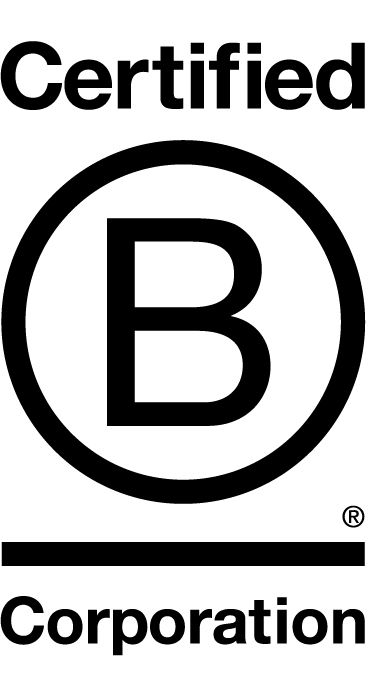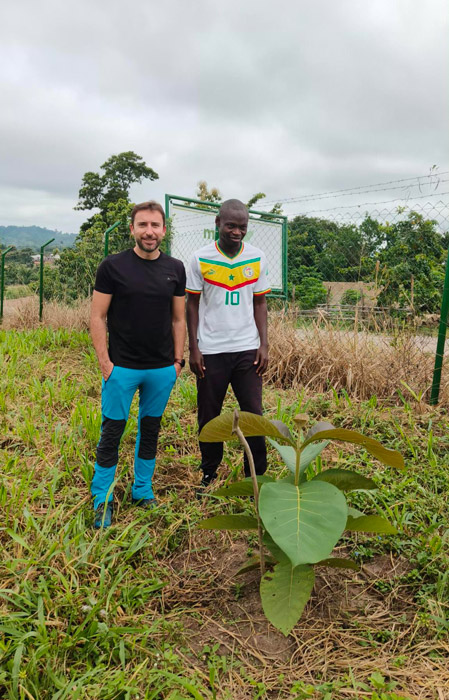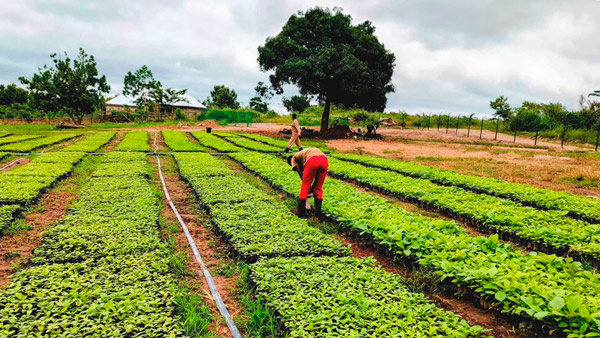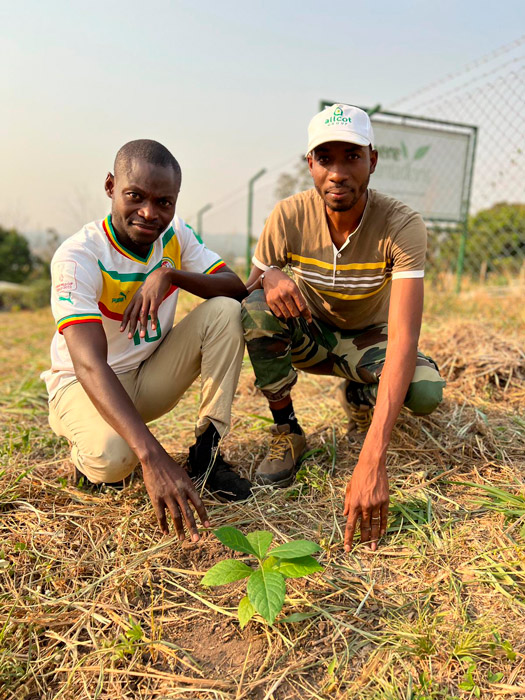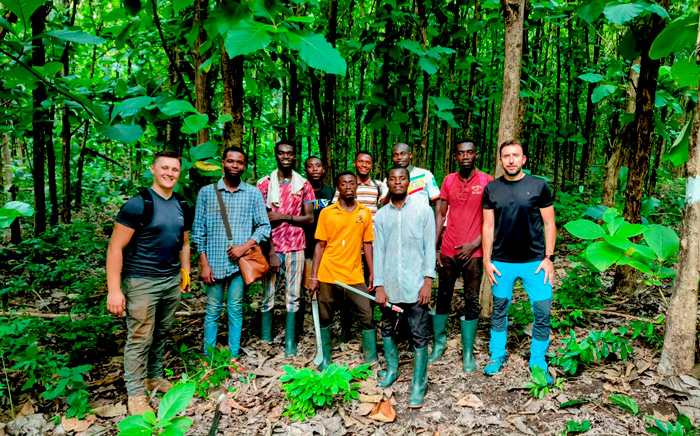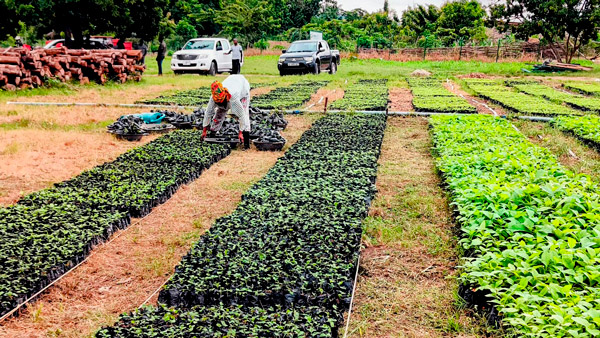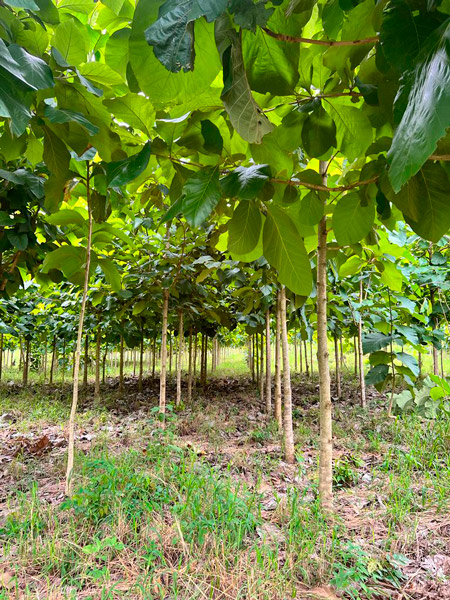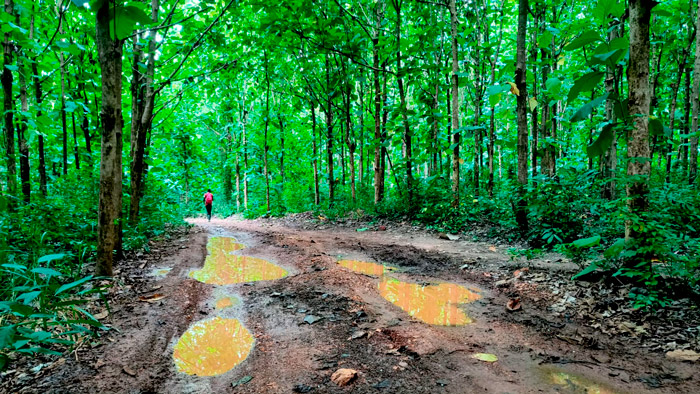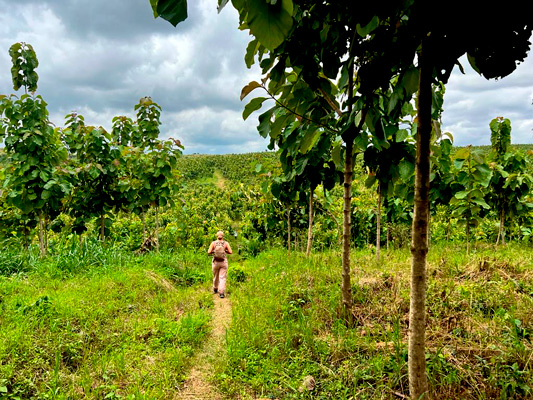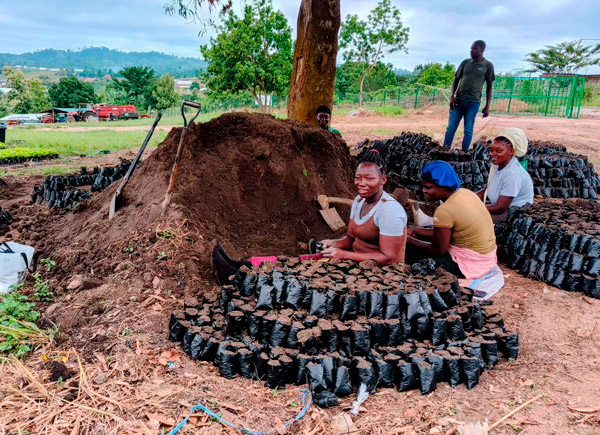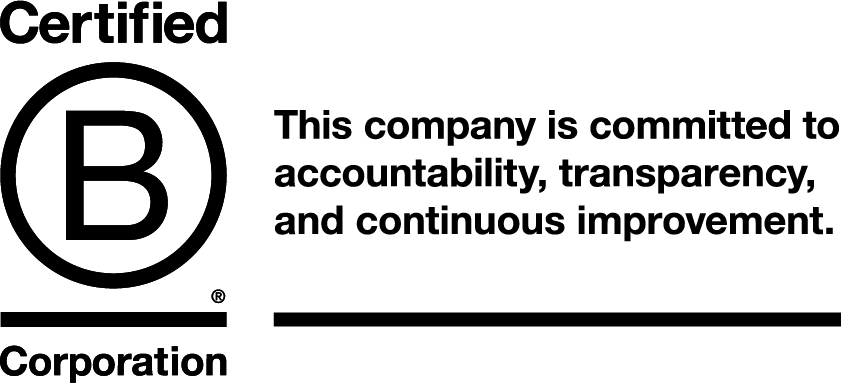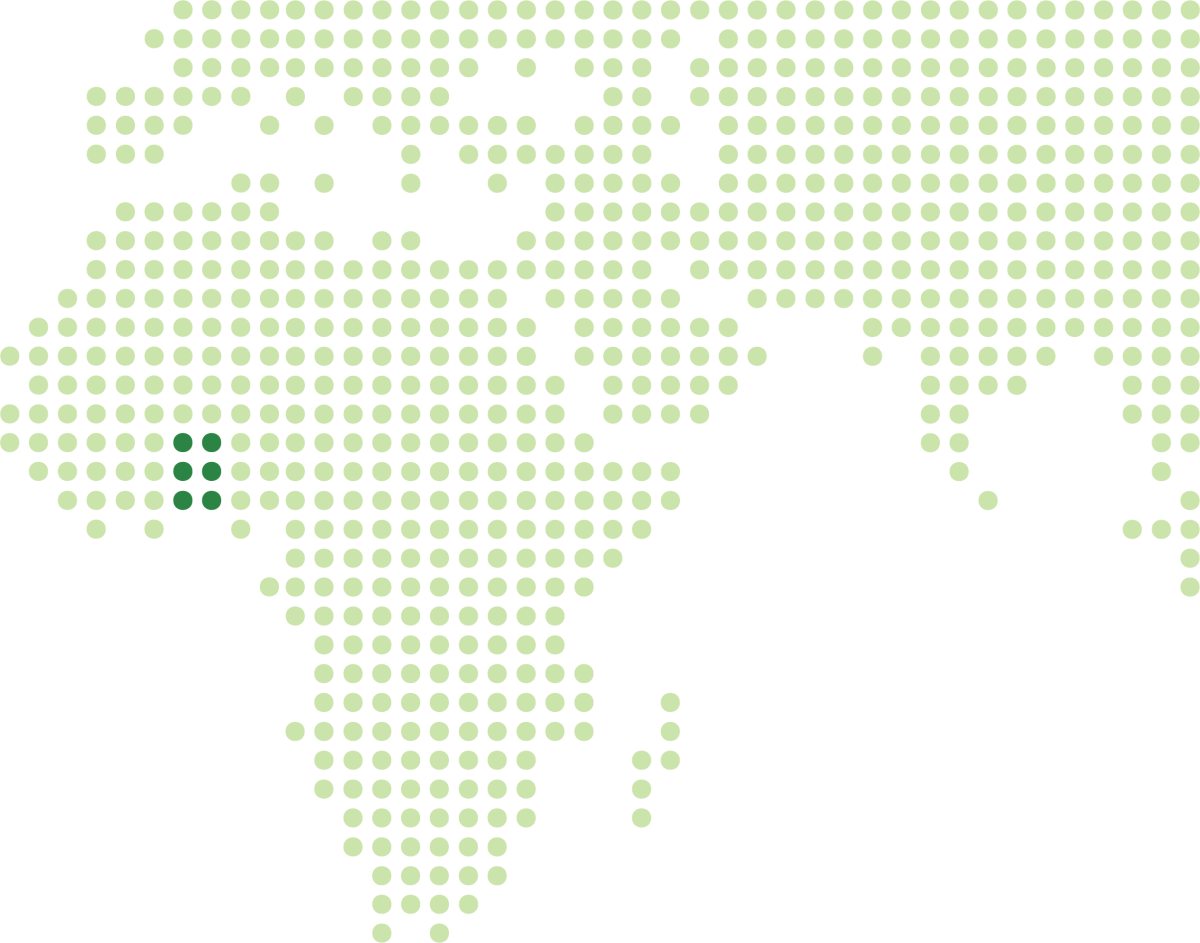
THE REGION
Classified as degraded forest land by the UNFCCC and FAO, the Afram Headwaters Forest Reserve (AHFR) is one of the oldest and largest forests reserves to be gazetted in the country
It was formerly a productive reserve, covered with high, semi-deciduous forest.
Up until 2010, 33,7% of Ghana’s forest cover had already been lost due to the combined effects of over-logging, illegal farming and annual wildfires. Thanks to the project’s activities, any further degradation within the project area can be prevented.
Ghana has a stable economy and is a full signatory of MIGA, making it an attractive investment location. It also has one of the most conducive climates and environments for the production of high-quality tropical hardwood. The Ghana Forestry commission releases degraded forest reserve lands to Private Sector entities, encouraging this type of business.
The reforestation of 4,078.5 hectares, with 6 million teak trees planted, will contribute to mitigate climate change whilst meeting the growing demand for wood products from well managed plantation forests.
It has been carried out primarily with ecologically responsible teak plantations, also conserving a proportion of native species that reinforce existing areas of biodiversity interest. During its durability period, the project will contribute to the generation of thousands of job positions for the surrounding forest communities, providing quality rural employment with transferable skill shares. Registered under the Cercarbono standard (#66), the project will generate a total estimate of 32,197,073 tCO2e emission reduction over it duration.
Sustainable teak cultivation
The Tectona grandis (Teak) is one of the world’s most valuable tropical woods. Known as the ‘King of Hardwoods,’ it is a fast-growing, adaptable, and ultimate carbon storage tree.
Teak is not harsh on the native environment. Mere’s quality standards mean it can coexist with Ghana’s native vegetation.
Unlike other timber sources, Teak also does not break down within a 100-year timeframe, meaning that carbon is stored unless it is burnt or rots.
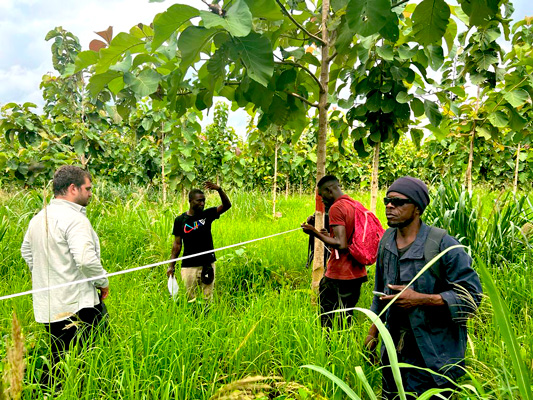
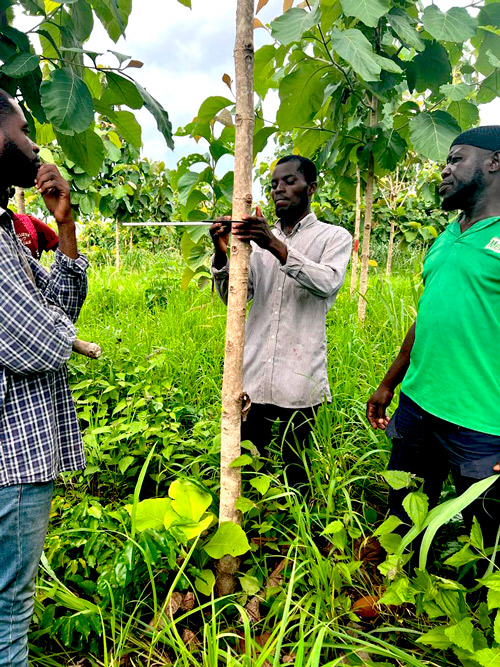
Ecosystem preservation and carbon storage
The project plants and establishes more trees than are harvested to ensure the delivery of high-quality hardwood products and a constant supply of sustainable timber. It rotationally coppices stands, as opposed to clear-felling, leaving continuous cover forestry (‘CCF’), which is beneficial to ecosystems and the environment.
Mere Plantation uses techniques (i.e., mulching, which is basically composting, and vegetation management) that benefit microorganisms, promote soil structure, and enhance water storage, thereby improving crop yield and timber quality. Consequently, we are witnessing a significant return of wildlife to Afram, including mammals, insects, and birds, as well as breeding pairs of birds of prey.
POSITIVE OUTCOMES
Project activities and goals
AGENDA 2030 SDGs’
The project impacts all 17 SDGs through continuous assessment of its environmental, community, and business model impacts.
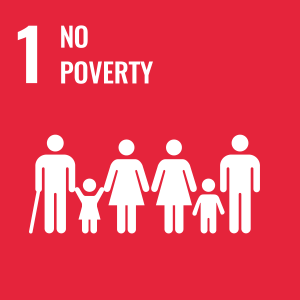
Benefit Sharing Initiatives
Implementing benefit sharing agreements to directly invest in the community through initiatives that promote rural employment, healthcare access, education, and financial support for staff and local communities.
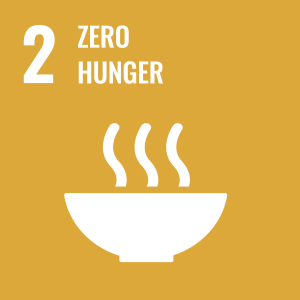
Promoting sustainable food systems
Encouraging healthy crop cultivation, market access, charitable support, and respecting forest knowledge for sustainable food and environmental benefits.
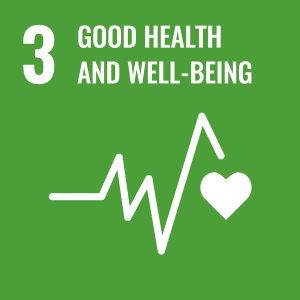
Promoting good health
Promoting good health through forest environment, employment, healthcare access, clean water, disease prevention, cultural preservation, and recognizing tree benefits for well-being.
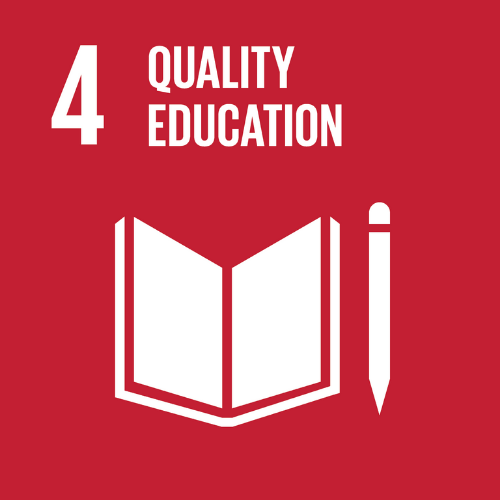
Empowering through education
Supporting education programs for employees and communities on environmental issues, machinery training, waste disposal, and on-the-job skills training. Also, preserving tradition and culture through storytelling and songs.

Establishing gender equality policies
Ensuring equal opportunities and no salary differences between hired women and men. Promoting plans for a childcare center, and training women for specialized roles, enhancing gender balance and empowerment.

Unlimited access to fresh, clean water and sanitation for the communities
Emphasis on floodwater management, preserving medicinal trees, and sharing indigenous knowledge to combat water-borne illnesses in rural areas.
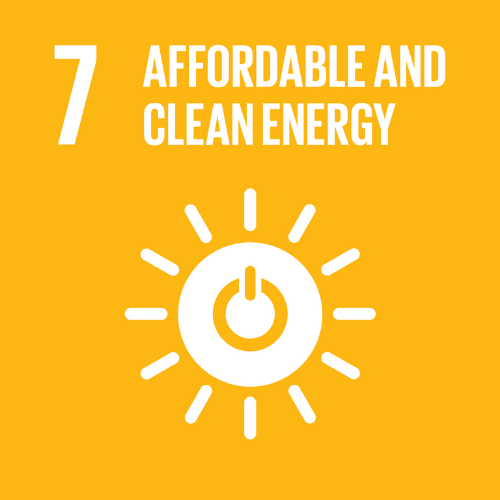
Innovations in energy efficiency and clean power generation
Investment in standby generators for uninterrupted power supply, by using LED lightbulbs, optimizing fuel efficiency in vehicles, preferring motorbikes for lower fuel usage, and installing solar panels on their main office in Accra, Ghana.
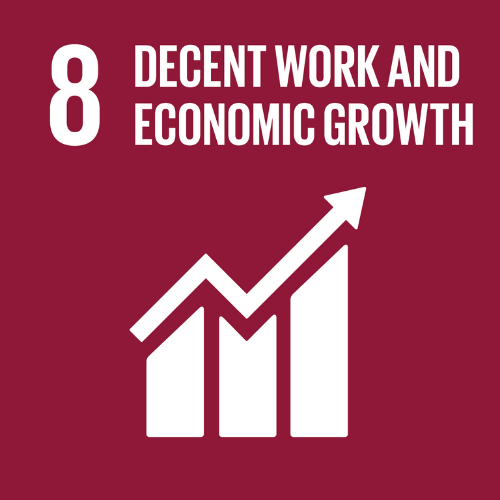
Voluntary Benefit Sharing Agreement
Benefit Sharing Agreement where a percentage of all timber revenue goes directly to the community through the District Assembly. Promoting stable employment, skill sharing and alternatives to illegal logging.

Improving infrastructure, including roads and bridges
The project uses eco-friendly machinery, provides sanitation and electricity to employees, and promotes technology access.
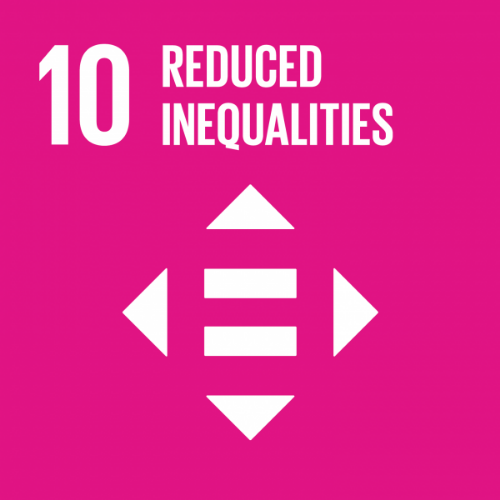
Promoting equal opportunities, zero-discrimination, and accommodation of religious practices
This project increases community income and encourages employee participation in civic processes like elections and population census.
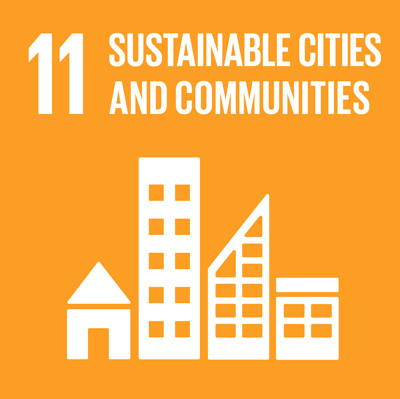
Rural employment and deforestation awareness
Providing employment opportunities for forest communities, reducing urban migration, and fostering local economies. It also educates on sustainable land management and the consequences of deforestation, promoting responsible resource use.
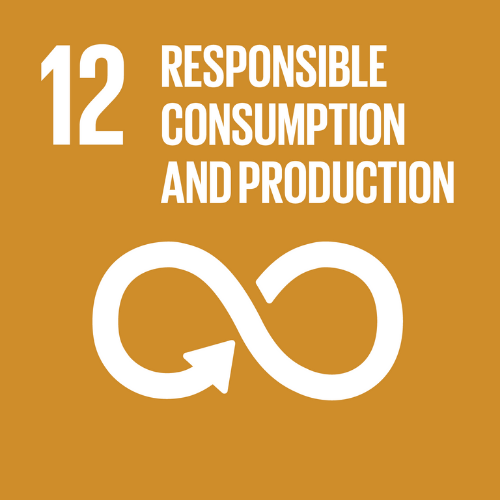
Addressing food waste, deforestation, and sustainable land management
It revitalizes degraded land, raises awareness about nitrogen lock-up, and employs natural forest management practices. It also supports local entrepreneurship and initiatives like “Help the Needy” to reduce food waste and aid the less fortunate, fostering responsible consumption and social development.

Promoting wood as a sustainable alternative to concrete and steel, which helps lock up carbon and requires less energy to produce
The plantation of 4 million trees translates to emission removal of approximately 32 million tons over a 40-year period. Mere’s good land management practices protect habitats and have already absorbed a significant amount of CO2.
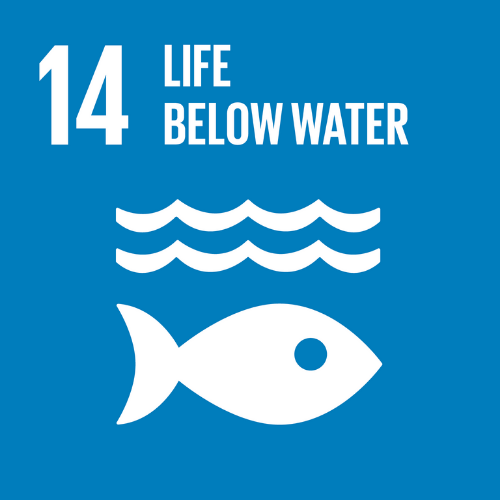
Maintaining the water table through tree planting and managing pollutants
Forests serve as carbon sinks, reducing ocean acidification by absorbing CO2. Reforestation and sustainable forest management align with ocean protection and carbon reduction efforts.
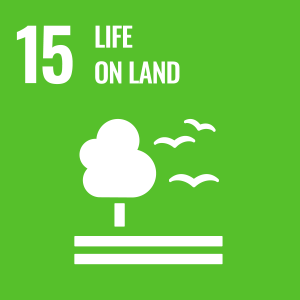
Establishment of sustainable forest practices
Restoring soil health, and enhancing biodiversity by avoiding illegal loggers.
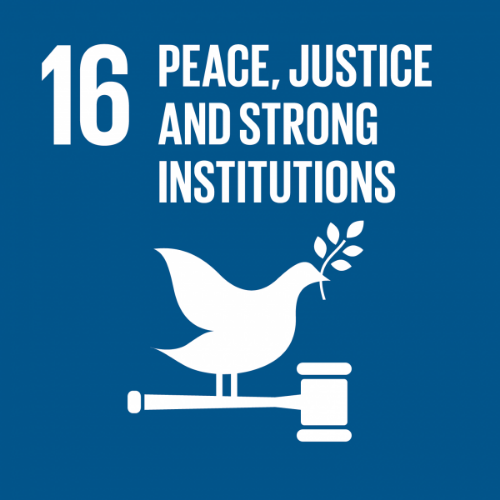
Safeguarding forests and communities
Promoting forest governance, compliance with regulations, and helping forest communities transition to sustainable practices while preventing forest fires.
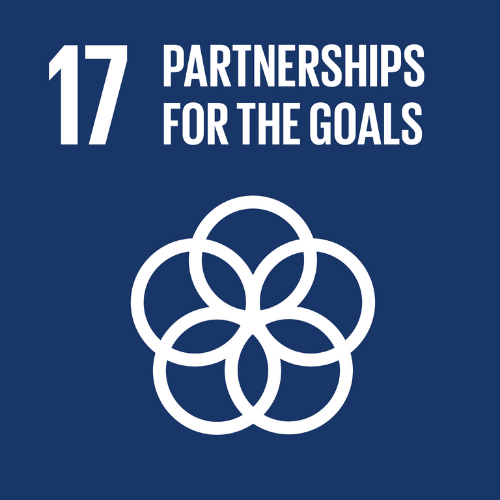
Collaborating with stakeholders and international standards to promote sustainable forestry practices in Ghana
Advocating for leveraging resources and foreign investment to drive economic growth and foster inclusivity and sustainability.
A window to the project activities
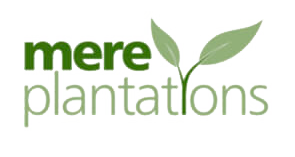
PROJECT OWNER
Mere Plantations is one of the largest privately funded tropical hardwood plantation developers in West Africa.
Since their inception, they have planted over 6 million Teak trees, establishing 4 million, over 4,000 hectares of UN-classified degraded forestland, subsequently proving that reafforestation can be commercially viable if done properly.
Their business model brings significant benefits to both the UK and Ghanaian economies, the environment and the local rural community in Ghana.
Mere Plantations owns leasehold rights for 50 years over the area.
Image: Mere Plantations LTD
Reforestation of degraded forest reserve land in Ghana in the media
We are here for you!
Do you have questions or need more information?
Write to us at consultancy@allcot.com and we will be happy to assist you.
